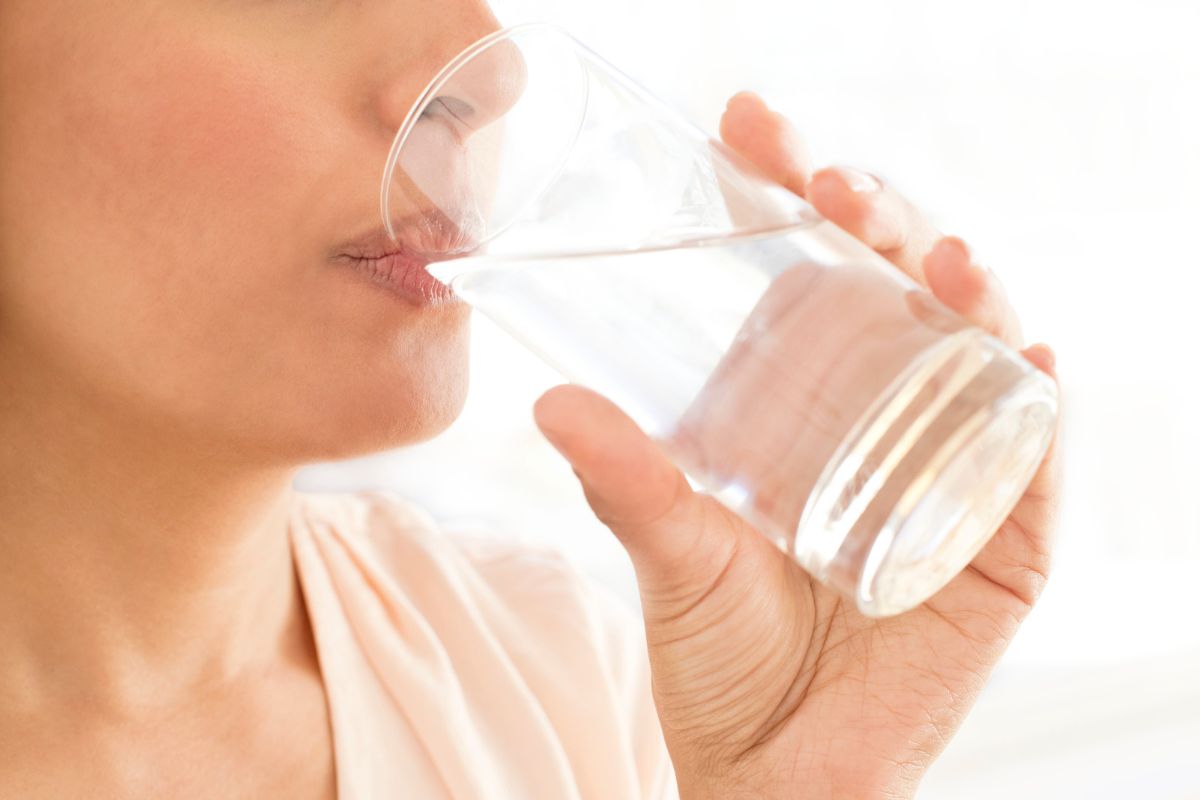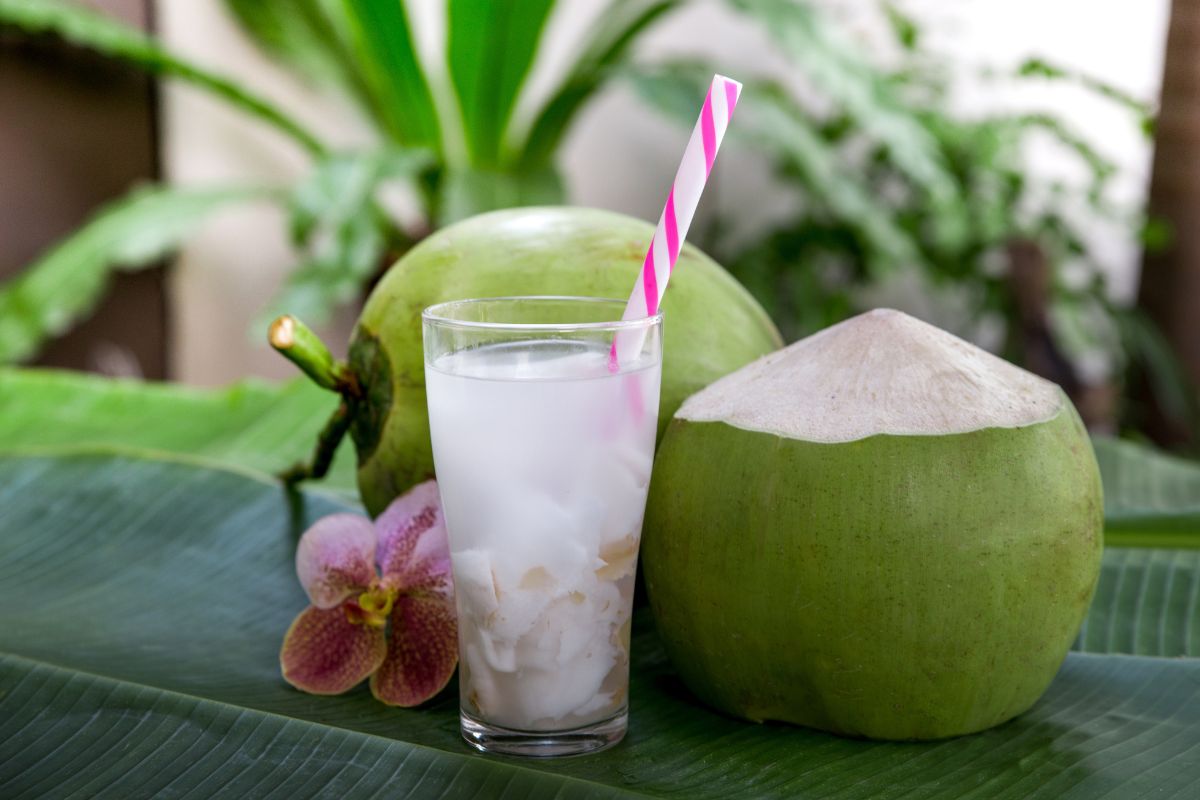Regular levels of hydration are needed for the body to function as it should. Staying hydrated lets your body circulate blood more freely, keeping you energized and active but also allowing white cells to better fight off any flus or viruses found in the body.

Staying hydrated is therefore one of the most recommended methods of naturally fighting off diseases and the same can be applied as a great method of managing Crohn’s disease when consumed regularly.
To learn how exactly hydration can help fight against Crohn’s disease and mitigate symptoms from appearing along with why it is important for people with Crohn’s specifically to stay hydrated, keep reading as below we have detailed all you need to know regarding the importance of staying hydrated when suffering with Crohn’s disease.
Does Hydration Help Fight Crohn’s Disease?
Hydration is certainly very important for people with Crohn’s disease even more so than anyone else because dehydration can be a common side effect of the condition. This is primarily caused from the gastrointestinal losses that come from diarrhea.
Dehydration can not only cause headaches and constipation, it has also been known to worsen Crohn’s symptoms in terms of their pain and how often flares occur.
Serious dehydration can be noticed by experiencing muscle cramps, having pale or dry skin, having dark urine or just a general feeling of being thirsty and lightheaded.
Hydration is therefore very important in countering the dehydration effects caused by Chron’s but also in easing out a lot of the symptoms and ensuring they flare up less often and are far less uncomfortable when they do.
How Does Staying Hydrated Help Combat Crohn’s Disease?
Because people with Crohn’s will often have an increased water loss due to dehydration, the intestines play the biggest role in keeping us hydrated and therefore need extra hydration support to mitigate the chances of symptoms arising.
Because hydration also allows blood to circulate more freely and increases the effectiveness of anti-virus white cells, drinking lots of water and other liquids will also help flush out diarrhea and make it far more bearable, while also lessening the harm that can be done from abdominal pains and cramps in other parts of the body.
The Best Ways To Stay Hydrated
While it may sound obvious, water is by far the best option to stay healthy and hydrated while also fighting against the effects of Crohn’s disease that can limit flares occurring by a massive amount.
Luckily water is very accessible and it can be a good idea to carry a bottle of water around with you for any activity whether it’s exercise, on public transport or even just walking around the house.
Other options such as coffee and tea can also keep you hydrated and protect from flares occurring, however because the caffeine intake can irritate the digestive tract it is advised that they are not consumed too much and so they cannot be a reliable way to keep you hydrated unlike regular water.
This applies the same to soda and sports drinks which can dehydrate the body if necessary, however they should be exchanged for water whenever possible as the sugar intake can also irritate the GI and digestive tract if consumed in large quantities.
Your body will also lose water faster when drinks possess high amounts of sugar or caffeine so it can be counterproductive if consumed too much.

Healthy Alternatives To Water
If you aren’t a fan of plain water but still want an option that is sure to not to spark any uncomfortable reactions, then there are a few healthy alternatives that can be tried out.
An easy method is to simply add some flavor to regular water such as adding limes and lemons to add a zesty tang to make the taste more interesting.
Coconut water is also a great option that is not only great for hydration, it also possesses sodium, potassium, minerals and electrolytes all known to keep the body from getting too quenched or dehydrated.
You don’t only need to drink something however, there are many foods that are not volatile to Crohn’s disease that possess high quantities of water that can be great and tasty sources of dehydration to mitigate flares.
Celery, cucumbers, strawberries and watermelons are just a few options of foods that provide some essential benefits for the body while also keeping you fresh and hydrated.
Some general tips also include drinking more water while it’s cold outside since water is lost from the body much faster when temperatures are lower.
Of course when it’s a more sunny day and temperatures are higher, just make sure to always be carrying water with you or wear a hat, loose fitting clothes and sunscreen as dehydration can happen often in the hotter months.
Probiotics are also a great option, usually taken as food supplements, they are often described as ‘good’ bacteria.
The role of probiotics is to restore the natural balance of bacteria in the gut, along with boosting the body’s immune system and being very effective at holding back diarrhea.
When first taking the probiotics there can be some side effects such as experiencing mild cases of gas and bloating, however these clear up within a few days with the medication being another great way to keep hydration levels in the gut and intestines at the required level and fighting back against any rising symptoms.
Summary
Staying hydrated is very important for anyone, but because of how much dehydration can be caused by the condition it is all the more important for people living with Crohn’s to be regularly hydrated.
This will not only keep your body healthy and active, the purity of water and fact it has no added sugars or sweeteners means it will only ease flares rather than aggravate them or make them worse.
Always keep your hydration levels in mind if you have Crohn’s disease and if you are not a big fan of water, it is definitely worth trying out some of the other healthy alternatives to keep you happy and healthy.
- Understanding Male Reproductive Health: A Complete Guide - February 2, 2025
- Simple Healthy Skin Habits for Radiant Skin - December 6, 2024
- Unlocking the Connection Between Nutrition and Mental Health - December 3, 2024








